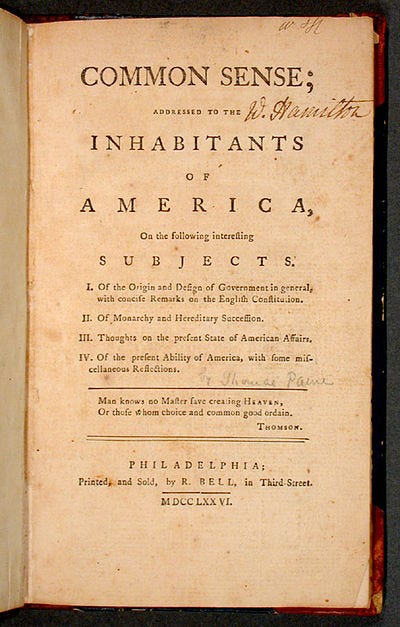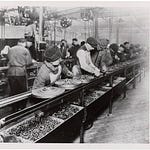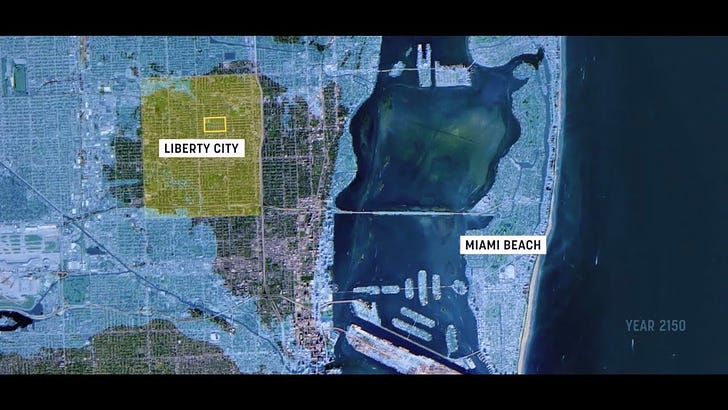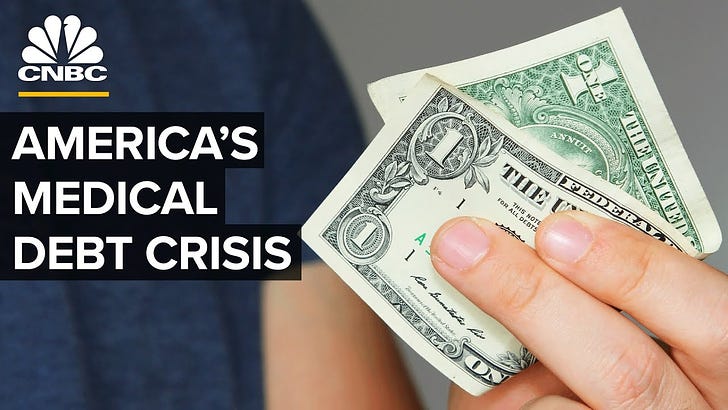“I have frequently amused myself both in public and private companies, with silently remarking the spacious errors of those who speak without reflecting.” Thomas Paine from Common Sense
My guess is Thomas Paine is spinning in his grave as he reads social media and the myriad other sources where we get our information these days, and recognizes the millions of Americans who continue to “speak without reflecting”. I’m starting to feel sorry for him.
As we attempt to “celebrate” our independence from Britain today, in the midst of our current political turmoil, I hope you’ll enjoy (at least a bit) doing some of your own reflecting by reading the pieces I’ve selected below. Some are quite traditional and a few others veer from our current dialogue about patriotism and the like. As Robert Reich so eloquently describes in his recent Substack post, and I’m paraphrasing, there are deeper and more meaningful forms of patriotism than standing for the National Anthem and saluting the flag.
It takes substantive work to be patriotic in a participatory democracy, and that work includes at least having a basic knowledge of American and World history and how our government is supposed to function, at least in theory.
— First up for today is Thomas Paine’s Common Sense, which in January 1776, urged the colonists to make a clean break from Britain, and the sooner the better.
There is something exceedingly ridiculous in the composition of monarchy; it first excludes a man from the means of information, yet empowers him to act in cases where the highest judgment is required. The state of a king shuts him from the world, yet the business of a king requires him to know it thoroughly; wherefore the different parts, unnaturally opposing and destroying each other, prove the whole character to be absurd and useless.
https://sourcebooks.fordham.edu/mod/paine-common.asp
— The Declaration of Independence.
In every stage of these Oppressions We have Petitioned for Redress in the most humble terms: Our repeated Petitions have been answered only by repeated injury. A Prince whose character is thus marked by every act which may define a Tyrant, is unfit to be the ruler of a free people.
https://www.archives.gov/founding-docs/declaration-transcript
— Seventy -six years after the ratification of the Declaration of Independence, on July 5, 1852, Fredrick Douglas was invited to speak at a public gathering in his hometown of Rochester, New York. Don’t miss reading the full text of his speech.
What, to the American slave, is your 4th of July? I answer; a day that reveals to him, more than all other days in the year, the gross injustice and cruelty to which he is the constant victim. To him, your celebration is a sham; your boasted liberty, an unholy license; your national greatness, swelling vanity; your sounds of rejoicing are empty and heartless; your denunciation of tyrants, brass fronted impudence; your shouts of liberty and equality, hollow mockery; your prayers and hymns, your sermons and thanksgivings, with all your religious parade and solemnity, are, to Him, mere bombast, fraud, deception, impiety, and hypocrisy -- a thin veil to cover up crimes which would disgrace a nation of savages. There is not a nation on the earth guilty of practices more shocking and bloody than are the people of the United States, at this very hour.
https://www.pbs.org/wgbh/aia/part4/4h2927t.html
— Chief Joseph’s surrender to General Nelson A. Miles, October 5, 1877 in Montana, just 40 miles short of the Canadian border, where his tribe, the Nez Perce, were attempting to flee. What could possibly make up for this cruelty?
I am tired of fighting. Our chiefs are killed; Looking-glass is dead. Too-hul-hul-suit is dead. The old men are all dead. It is the young men, now, who say ’yes’ or ’no’[that is, vote in council]. He who led on the young men [Joseph’s brother, Ollicut] is dead. It is cold, and we have no blankets. The little children are freezing to death. My people–some of them–have run away to the hills, and have no blankets, no food. No one knows where they are—perhaps freezing to death. I want to have time to look for my children, and see how many of them I can find; maybe I shall find them among the dead. Hear me, my chiefs; my heart is sick and sad. From where the sun now stands, I will fight no more forever!
https://www.loc.gov/item/today-in-history/october-05/
And now for what I believe is true bravery and patriotism: Taking a moral position against your own self-interest and testifying under oath and in public.
From Oval Office dining room to the backstage area at the White House Ellipse, she [Cassidy Hutchinson] explained how Trump and the people around him reacted to key moments leading up to the pro-Trump riot, quoting extensively from her interactions with White House Chief of Staff Mark Meadows as well as from discussions she overheard involving the president. The Washington Post
And finally for today (Are you ready to barbecue yet?), is a piece on critical thinking by Patrick Mattimore and published in Psychological Science, titled “Fighting Truthiness with Critical Thinking”. I used this handout as an initial basis of discussion in my writing classes. A fellow adjunct instructor, whose name I am unsure of, gave me this piece, and I remain grateful for her/his generosity.
What stands out in this brief discussion of a critical thinker is the word “attitude”. Mattimore uses the outline of psychologist David Levy, professor at Pepperdine University to expand on what he believes are the attitudes of a critical thinker. In other words, it is your perspective, the way you view information that makes you a critical thinker…or not.
Levy identifies a variety of attitudes that characterize critical thinkers, including questioning assumptions, discerning hidden biases, avoiding overgeneralizations, developing tolerance for ambiguity, and exploring alternative perspectives.
https://www.psychologicalscience.org/observer/fighting-truthiness-with-critical-thinking
I’d love to hear your ideas about celebrating July 4th, and the issues I raised here. What matters to you? Let me know in the Comment Section below.
And as always, if you are not already a free or paid subscriber, right now is the time to lend your voice to our community. Thanks!















Readings For America's Birthday